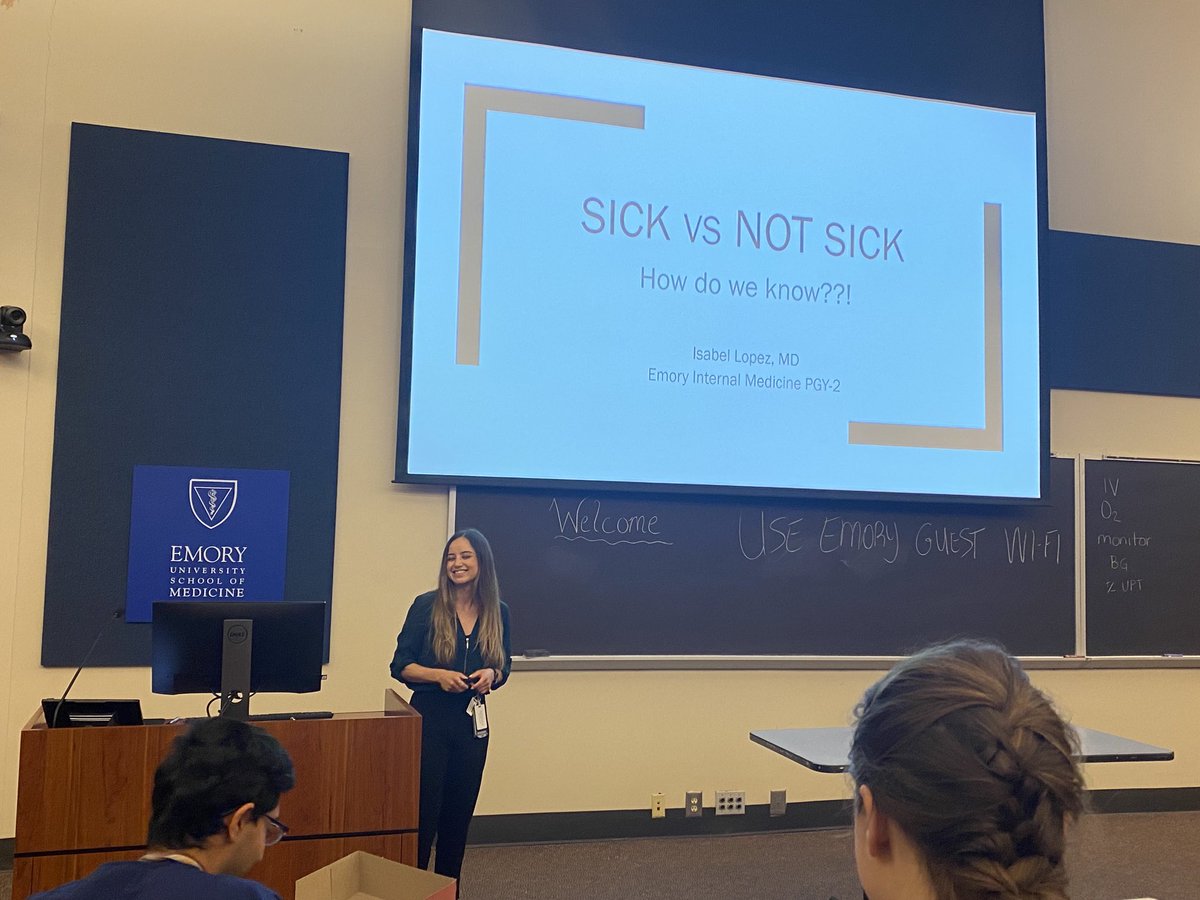#EmoryID Journal Club today discussing a basic science article on heteroresistance nature.com/articles/s4156…. Be sure to join us at 7:30 pm for a #TwitterIDJC @CarlosdelRio7 @Armstrws @JessH_A @MikeWoodworthMD @janecyoon
The authors estimate that 27.4% of their isolates could exhibit heteroresistance? Do you believe this estimate? Does it surprise you?
Do you think we should be testing for heteroresistance on all cultures? Would you use Etests to screen for this?
What do you think about the bacteria-antibiotic combinations they chose to study?
Does this article increase the likelihood that you would use combination antibiotic therapy to treat patients? Would it change the empiric antibiotics you choose?
@Alfonso_C_HR @hey_its_max @Boghuma @DanielSGraciaa @natesumMRSA @serotavirus @lf_collins @RuthAdekunle2 join in the conversation and add others
#TwitterIDJC In summary, people think testing for heteroresistance may be the future for resistant bacteria - maybe those bacteria have heteroresistance and combination antimicrobials will work.
• • •
Missing some Tweet in this thread? You can try to
force a refresh















